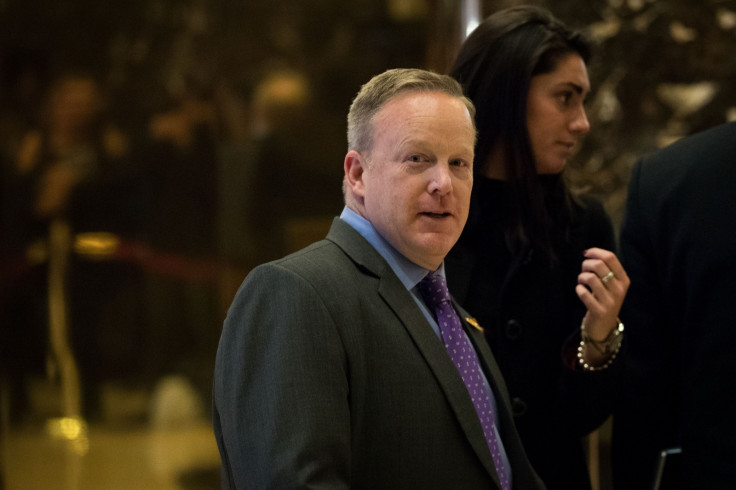Trump spokesperson says there is 'zero evidence' of Russian hacking influencing US election
Donald Trump will review the final intelligence report on Russian hacking and apparent election interference.
President-elect Donald Trump's spokesperson Sean Spicer has said that no conclusive proof of Russian hacking influencing the US elections has come forth and noted that it would be reckless to "rush to judgement" before receiving a final intelligence report. The incoming White House press secretary said that Trump would review the intelligence report once it is completed this week.
"There is zero evidence that they [Russian hacking] influenced the election," Spicer told Fox News.
Earlier, Trump had warned against blaming Russia for the cyberattacks during the presidential election and added that he would reveal "things that other people don't' know" about the cyberattacks.
"The idea that we're jumping to conclusions before we have a final report is irresponsible," Spicer told CNN.
Commenting on the expected inputs from Trump, Spicer said, "He's going to talk about his conclusions and where he thinks things stand. He's not going to reveal anything that was privileged or shared with him classified."
When pressed to acknowledge whether Trump and his transition team agreed with the recent DHS and FBI joint report on Russian hacking, Spicer said that "whether or not they were hacked and they did anything is a completely different story" than whether Russia attempted to, or was successful in influencing the election.
Spicer also deemed the DHS and FBI report as a "how-to manual" – for the Democratic National Committee (DNC) – which involved details on "how they can improve their IT security". He stressed on waiting for the soon-to-be-completed final intelligence report, before making any definitive conclusions about Russia's role in the cyberattack.

Lawmakers from the Democratic and Republican parties raised concerns over the allegations of Russian interference in the US elections. According to Reuters, Republican John McCain has scheduled a meeting on 5 January most likely to discuss foreign cyber threats.
© Copyright IBTimes 2025. All rights reserved.






















